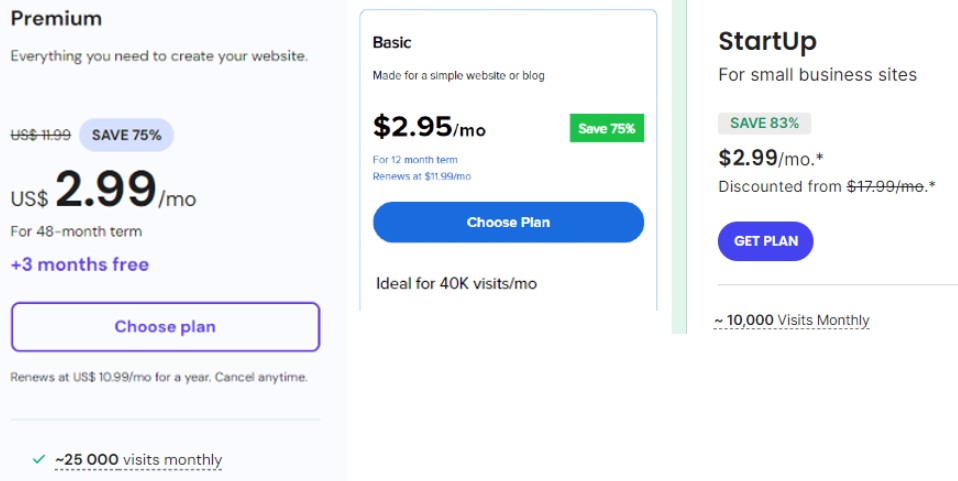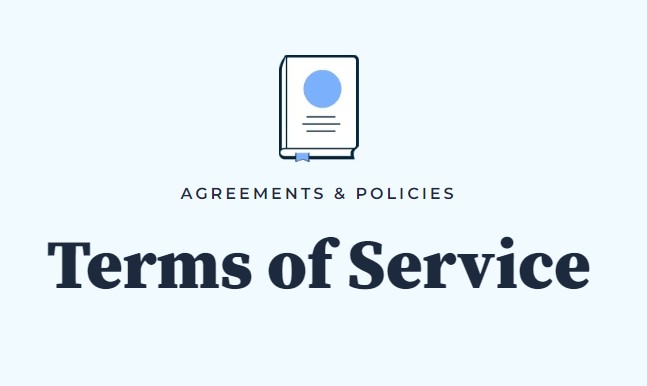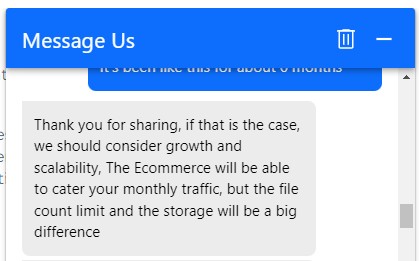Pageview promises: How many visitors can your web hosting plan really handle?
Is your web hosting provider telling the truth about how many pageviews your plan supports?

Sign up for breaking news, reviews, opinion, top tech deals, and more.
You are now subscribed
Your newsletter sign-up was successful
Resource planning is one of the hardest things to do for all website owners but using these tips and tricks should make it a lot easier and set your expectations at the right level.
The best web hosting providers such as Hostinger, Bluehost, and SiteGround all tell you how many pageviews their plans can handle, but does that translate into reality? Yes, but not for everyone.
Here's how to find out how many pageviews your plan will handle.

Are hosts lying?
No. Hosts want to quote a number but they don’t know how many resources your website needs. Every site is different. So, it’s impossible for them to tell you how much power your website needs before they actually host your site.
Some hosts will base supported monthly visitors on the average website. This means that statistically, over half of customers will not be able to reach these numbers without an impact on the performance of their website, even in the best case scenarios.
In some cases, there may be some dressing up of web hosting plans making them look more attractive but I wouldn’t want to call out any host for being dishonest.
How to see through the promises?
The simple way is to ask support before you sign up. Tell them about your site and they’ll be able to recommend a plan for you. If you don’t have a site yet, it doesn’t really matter. Building a site doesn’t take that much time but growing monthly visits does.
Sign up to the TechRadar Pro newsletter to get all the top news, opinion, features and guidance your business needs to succeed!
If you out-grow your web hosting plan faster than you expect, then just count yourself as one of the lucky ones and enjoy buying a new plan. If you’ve already got an established site and a regular amount of visitors then it will be a lot easier for you to find a hosting plan suitable for you.

Fair use & limits
Another way to check what you’re really getting from your host is to read the fair use limits. DreamHost offers unlimited monthly visits but if you read the small print you'll see that it's not unlimited.
I'm not calling DreamHost out here. What they offer is very fair. They're offering a safety net so you never have to worry about hitting limits when your site grows. If your site does get busy, they tell you that you'll be asked to sign up to a different plan.

Limits
Sometimes, it's not the amount of site visitors that's the bottleneck. I asked Bluehost support about a fictitious website I was looking to rehost and while there was enough power on the server to support 300K monthly visits out of the supported 400K, the storage limits would make the website run poorly.
And that's another thing. Just because a server supports a large amount of site visits. It doesn't necessarily mean the quality of each site visit is going to make your website users want to come back or make a purchase.
Can you test hosting plans to find out?
Unfortunately, you cannot.
I can replicate any website authentically but I cannot replicate site visitors. When you try and replicate genuine site visitors what you’re doing is the same thing as what you would do if you wanted to do a distributed denial of service attack (DDoS).
Fortunately, web hosts have a lot of tech to be able to stop these types of attacks now. However, that means that as soon as your non-genuine visitors start trying to access your site the hosting provider will identify it as an attack and defend your site. It’s very hard to replicate non-genuine site visitors so they just get blocked.
Summary
Just like reading any sales and marketing pitch, take everything with a pinch of salt. Just because a site offers 400K visits a month for less than $20 doesn't mean you're getting it. There probably is a scenario in which a website could get 400K visits, not get throttled in any other area, and still retain a good user experience for their site but it's extremely rare.
You can only pick the right plan for you with a holistic approach. Look at what else is offered like a CDN, or email, and how frequently backups are done. If you have an established site, share your performance metrics and ask support to guide you to the right plan. If you don't, be happy when you reach the limits of your hosting plan because the majority of people won't.

James is a tech journalist covering interconnectivity and digital infrastructure as the web hosting editor at TechRadar Pro. James stays up to date with the latest web and internet trends by attending data center summits, WordPress conferences, and mingling with software and web developers. At TechRadar Pro, James is responsible for ensuring web hosting pages are as relevant and as helpful to readers as possible and is also looking for the best deals and coupon codes for web hosting.
You must confirm your public display name before commenting
Please logout and then login again, you will then be prompted to enter your display name.


